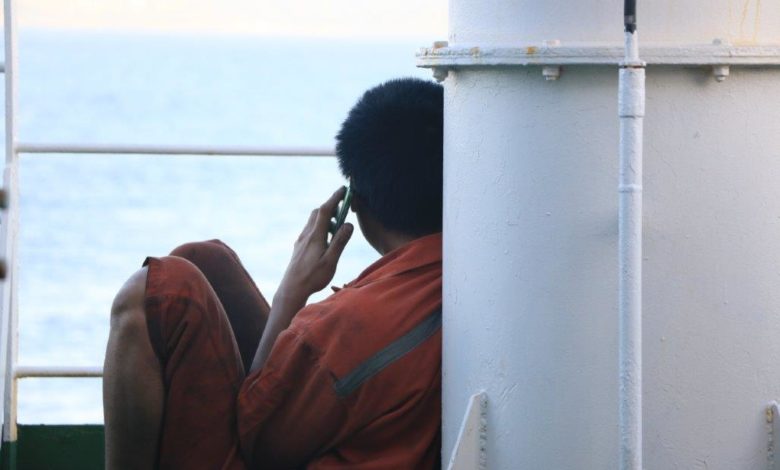Governments urged to back collective crew change plan

An alliance of maritime companies concerned about seafarer welfare and the viability of ocean supply chains in the midst of coronavirus restrictions has developed detailed crew changeover risk assessment plans. However, it needs urgent political and regulatory support to enact them.
Representing more than 1,500 vessels and over 70,000 seafarers, the alliance includes Norden, Grieg Star, Reederei Nord, Dynacom, V.Group, Wilhelmsen Ships Service, Pacific Carriers Limited (PCL), Magsaysay, Augustea, Columbia Ship Management, Inchcape Shipping Services and Synergy Group.
At present, more than 100,000 seafarers are in effect marooned at sea because coronavirus shutdowns worldwide are preventing them from entering or transiting countries and/or finding flights on which to return home. Families at home are getting desperate too with Splash reporting today of one Goan lady going on hunger strike demanding authorities speed up crew repatriation issues.
The alliance has developed port viability and detailed seafarer risk assessment plans which it is convinced will mitigate the risk of coronavirus infections during essential crew changeovers. It is now urging immediate governmental and inter-governmental action to enable the resumption of crew changes including the designation of seafarers as key workers.
Captain Rajesh Unni, CEO and founder of Singapore-based shipmanager Synergy Group, commented: “Current policy represents a potentially disastrous own goal. Our collective aim as responsible owners and managers employing tens of thousands of seafarers is to pursue every means possible to get crew back to their families.”
Members believe collective crew changes at identified ports are a feasible short-term aim even in the midst of the coronavirus pandemic if state assistance is made available.
The alliance has identified key ports where collective crew changes can potentially be organised. The ports include Singapore, Houston, Rotterdam, Gibraltar, Jebel Ali, Fujairah, Hong Kong and Shanghai.
“As well as identifying ports we have also developed a rigorous risk assessment methodology and drawn up action plans that we, as employers of seafarers and organisers of crew logistics, can implement to mitigate the risks of infection,” said Unni.
“Whilst we, as responsible owners and managers, would have to work on the micro level to deal with the logistics of transporting a seafarer from his home to the vessel and vice versa, matters such as access to airlines and airports and immigration clearances are political decisions,” alliance members said a joint statement, adding: “We urge port states and the G20 nations to take all actions possible to facilitate crew changes.”
